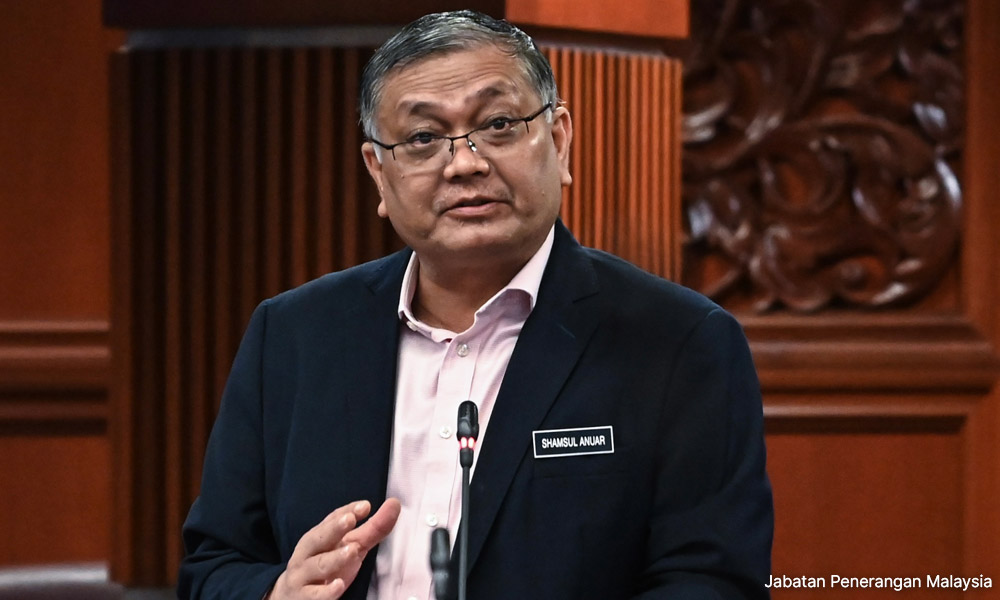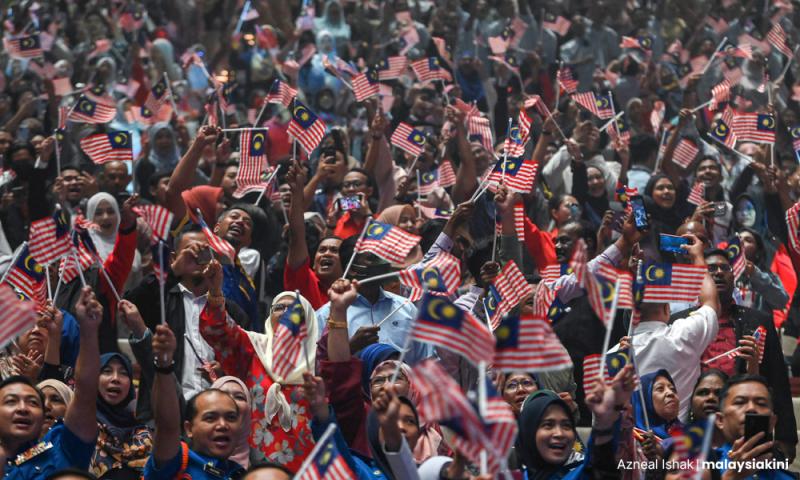LETTER | Recently in Dewan Negara, Deputy Home Minister Shamsul Anuar Nasarah reiterated the significance of Malay language proficiency as a prerequisite for individuals seeking citizenship.
This directive, enshrined in the Federal Constitution, underscores the government’s commitment towards preserving the cultural and linguistic fabric of the nation.
The Federal Constitution, which serves as the supreme law of the land, outlines the conditions and qualifications for acquiring citizenship.
Among these conditions is a mandate emphasising the importance of proficiency in the Malay language, also known as Bahasa Malaysia.
The language, recognised as the national language of Malaysia, plays a pivotal role in fostering national unity and identity.
The deputy minister highlighted that this requirement of language proficiency is not a mere formality but a fundamental aspect of the citizenship application process.
Applicants are expected to demonstrate a reasonable command of the Malay language, reflecting their commitment to integrating into society and embracing the country’s cultural diversity.
While Malaysia is a multilingual and multicultural nation with various ethnicities and languages coexisting harmoniously, it is paramount to emphasise Bahasa Malaysia as a unifying force.
It serves as a common medium of communication that transcends ethnic and cultural boundaries, fostering understanding and unity among the diverse communities within the country.
Promoting togetherness
The deputy minister’s reaffirmation of this language proficiency requirement echoes the government’s commitment to preserving Malaysia’s unique identity and ensuring that new citizens are capable of actively participating in the nation’s social, economic, and political environment.

It also aligns with efforts to maintain a cohesive society where individuals from different backgrounds can communicate effectively and contribute collectively to the nation’s progress.
Critics argue that such language requirements may pose challenges for certain applicants, especially those from non-Malay ethnic backgrounds.
However, proponents assert that embracing the national language is a symbolic gesture of allegiance to the country’s shared values and heritage.
As Malaysia continues to evolve in the global landscape, maintaining a strong emphasis on the Malay language becomes integral not only for citizenship applicants but for all citizens.
It serves as a bridge that connects diverse communities and facilitates a sense of belonging in this rich tapestry of cultures.

Therefore, I see the deputy minister’s reiteration of the language proficiency requirement underscores the government’s commitment to fostering a cohesive and unified nation.
Making it a prerequisite for citizenship aligns with the broader goal of preserving Malaysia’s cultural identity and ensuring that all citizens actively contribute to the nation’s prosperity while celebrating its diversity.
The views expressed here are those of the author/contributor and do not necessarily represent the views of Malaysiakini.





